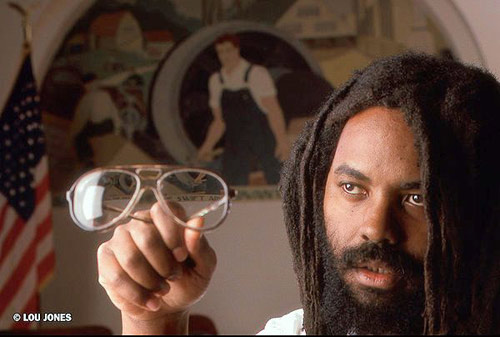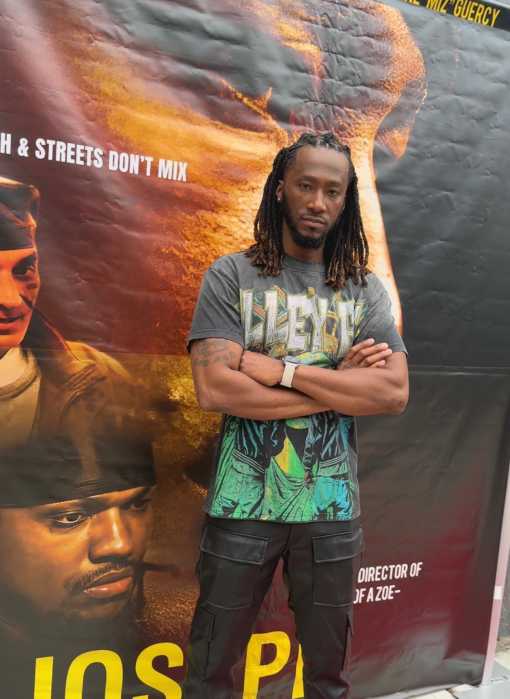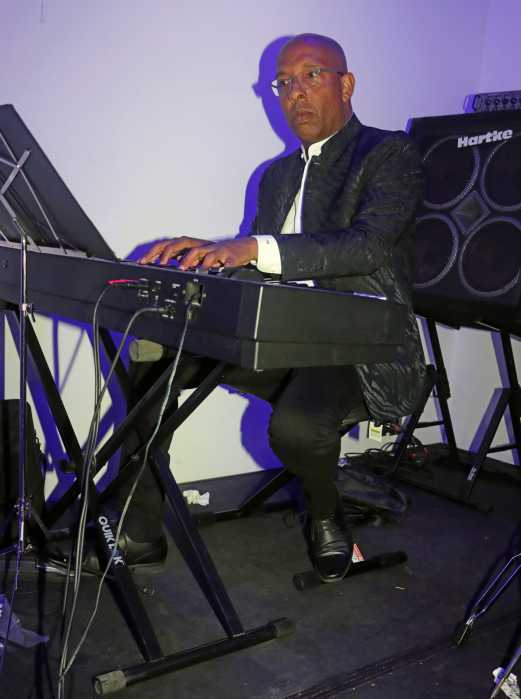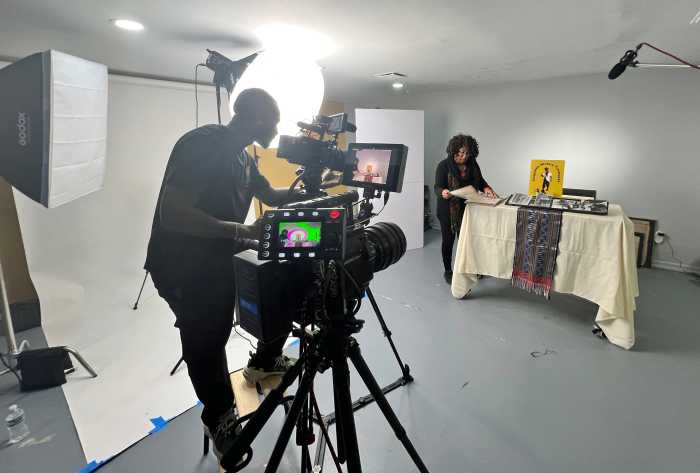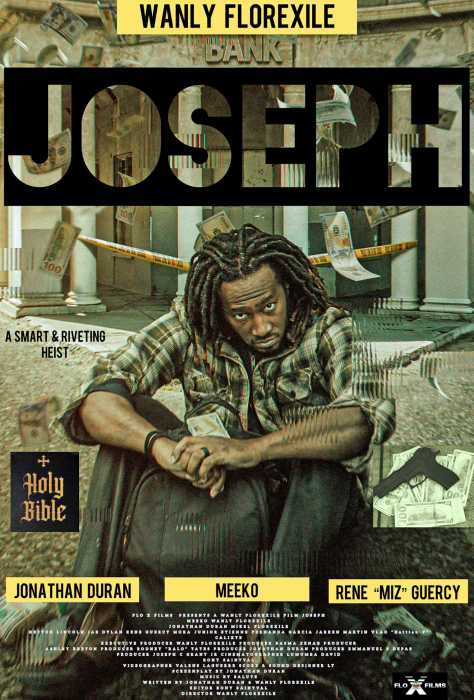“Mumia: Long Distance Revolutionary”
Excellent (4 stars)
Unrated
In English and Spanish with subtitles
Running time: 120 minutes
Distributor: First Run Features
Wesley Cook, aka Mumia Abu-Jamal, was born on April 24, 1954 in the City of Brotherly Love. There, he founded a branch of the Black Panthers at the age of 15 after being kicked by a cop at a rally for segregationist presidential candidate George Wallace.
After attending college in Vermont, he returned to Philly to pursue a career in journalism. He proceeded to provide a voice for the voiceless as a politically-progressive reporter while simultaneously moonlighting as a cab driver, until the fateful night in 1981 when he and his brother William crossed paths with a police officer named Daniel Faulkner.
The cop was killed during the traffic stop, when the bullets from a gun registered to Mumia were emptied into him at close range. Faulkner managed to get off a few shots, wounding Mumia.
At trial, the jury deliberated only a few hours in what seemed like an open-and-shut case, and the defendant was convicted and subsequently handed a death sentence. However, because of Mumia’s previously clean record and his having served as such an articulate mouthpiece for the poor and disenfranchised, he soon became something of an international cause célèbre.
Was he indeed a murderer or had he been railroaded to prison because of his radical views? The left and the right would disagree strongly on the issue. Eventually his sentence was commuted to life with no parole, and the fundamental question of guilt or innocence was essentially left unanswered.
The same can be said after viewing “Mumia: Long Distance Revolutionary,” a documentary, which doesn’t seek so much to clear the controversial figure’s name as to showcase his intellect and longstanding defiance of The Establishment. To director Stephen Vittoria’s credit, he hauls out a long line of luminaries such as Dr. Cornel West, Ruby Dee, Hurricane Carter, Alice Walker, Angela Davis, Dick Gregory and Amy Goodman to take turns heaping praise on his sympathetic subject.
While their heartfelt testimonials leave no doubt about Mumia’s commitment to the struggle and considerable talents as a writer, none of them were eyewitnesses to the murder. Thus, this is not a biopic which seeks to poke holes in the prosecution’s case or to indict the State of Pennsylvania for a rush to judgment.
Rather, it merely endeavors to highlight the squandered potential of a gifted, if fatally-flawed individual. Love him or hate him, no one watching this inconclusive piece can deny that Mumia has a way with words.
A film that wisely leaves the damning evidence on the back burner in favor of focusing on everything about Mumia Abu-Jamal except for what exactly transpired at the corner of 13th and Locust in the wee hours of Dec. 9, 1981.


